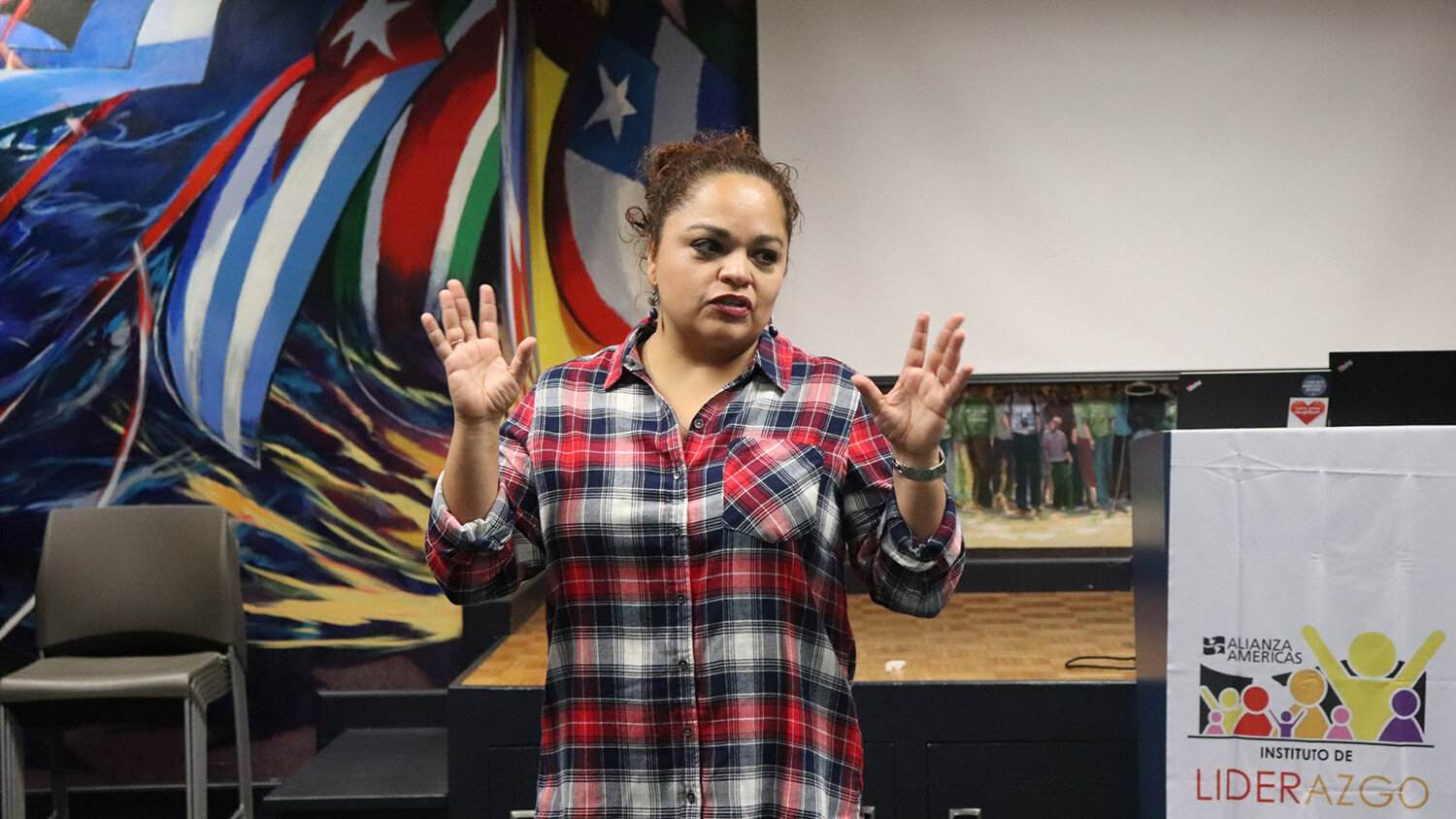Valuing a Skilled Immigrant Workforce
Photo credit: Upwardly Global
Helping highly-trained immigrants and refugees bridge the career gap, during a global health crisis and beyond
When Sura, an Iraqi-born physician who completed her residency in Syria, came to the U.S. as a refugee, she brought 20 years of medical experience with her. A multilingual communicator with valuable skills in how to serve on the frontlines during crisis situations, she was ideally positioned to treat patients when Covid-19 struck the nation last year.
Instead, she’s been earning minimum wage in an administrative role. Stymied by red tape and licensing barriers, it took years for Sura, who arrived in the U.S. in 2014, to complete the U.S. Medical Licensing Exam (USMLE)—the equivalent of a test she’d passed in Iraq two decades earlier. Despite completing USMLE, she has struggled to match for residency.
In healthcare and other industries, skilled immigrants and refugees face a constant uphill battle to achieve career success, thwarted by cumbersome licensing and certification requirements, unfamiliar degrees on their resumes, and limited experience with U.S.-style interviews. Some programs won’t even consider international graduates, leaving advanced career professionals like Sura, who is 48, starting over.
That’s where Upwardly Global comes in. They are a national organization based in New York City that supports immigrants and refugees who have degrees and education from their countries of origin, and yet face systemic barriers in the United States that leave them unemployed or working in entry-level survival jobs.
With Upwardly Global’s help, Sura is now participating in a job coaching program to help her secure employment in her field, after finally completing all her re-licensing and certification requirements.
“We work with job seekers to help them articulate their immediate and long-term career goals, and then help to align their skills, education and experience to labor market demand. We also work directly with employers, connecting them to our pipeline of diverse, highly-qualified talent,” said Jina Krause-Vilmar, president and CEO of UpwardlyGlobal, which received a grant from Walder Foundation to support their work this past year.
With Walder Foundation’s support, Upwardly Global has expanded their work in Chicago with more intentional outreach, trainings, and industry-specific job coaching to help immigrants and refugees move into long-term professional careers aligned with their skills.
Notably, with the pandemic this past year and the increased demand for healthcare workers, Upwardly Global has also found themselves at the center of policy advocacy efforts to create new pathways and reexamine licensing requirements to transfer the credentials of internationally trained healthcare professionals. With Walder Foundation’s support, they have taken ideas they’ve seen in New York, New Jersey, and Nevada and launched a strategic communications campaign in Illinois, with op-eds in major news outlets and outreach to decision-makers.
“For internationally-trained healthcare professionals, particularly doctors, the biggest obstacle to returning to medicine often lies in state-level licensing policies. As a result, we know that nearly 165,000 internationally-trained immigrants with health backgrounds are currently unemployed or relegated to low-wage roles,” said Krause-Vilmar. “We’ve been tackling this challenge in Illinois by working with exceptional job seekers and partners to advance public policies.”
Get more stories like this delivered to your inbox.
Sign up with your email address to receive news and updates.











